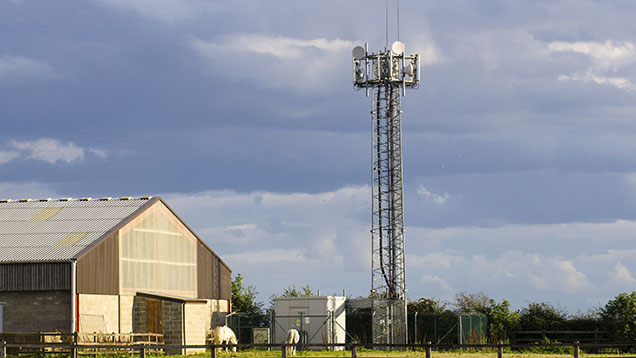CLA backs government plan to boost mobile phone coverage
 © Rex Features
© Rex Features The Country Land and Business Association (CLA) has urged the government to press ahead with plans that could force mobile phone companies to boost coverage by sharing their networks with rivals.
A fifth of the UK is still without mobile phone coverage and the so-called “partial not spots” where only one provider has a signal are largely in rural areas. Government estimates suggest about one million people are affected.
See also: Business tips for landowners with mobile phone masts
In a bid to improve coverage, the government announced on 5 November it wanted to create laws to make phone companies share networks with competitors.
The plans would work in a similar way to the roaming policy that operates when phones switch between networks automatically when they are abroad.
“Putting in place a national roaming network would encourage mobile operators to work together for the benefit of consumers. We accept there are technical challenges to overcome, but urge mobile operators to work together to achieve universal mobile coverage.”
Henry Robinson, CLA president
But the big four providers EE, Vodafone, O2 and Three, have criticised the plan saying it was a disincentive to invest in infrastructure and would delay the rollout of 4G. To head off the proposals they have pledged to investment tens of millions of pounds in masts and other equipment to boost coverage.
Although the CLA is keen for landowners to benefit from any new mobile mast agreements, the association’s president Henry Robinson said the lack of coverage was blocking opportunities for people in the countryside.
“Putting in place a national roaming network would encourage mobile operators to work together for the benefit of consumers. We accept there are technical challenges to overcome, but urge mobile operators to work together to achieve universal mobile coverage,” Mr Robinson said.
“We support the government’s attempt to resolve this major problem and hope they and the mobile industry can work out a voluntary solution, but we would support regulation as a last resort,” he said.
